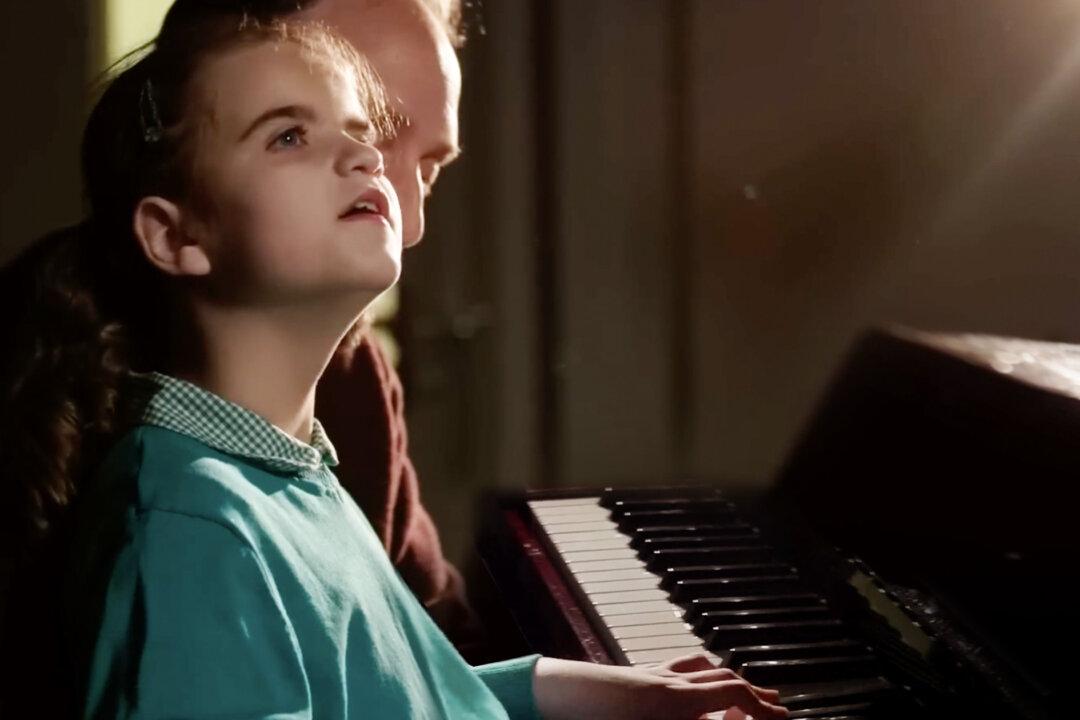A 13-year-old piano prodigy, who is blind and has severe autism, is nurturing her incredible musical gift with the help of a dedicated teacher. Together, they are wowing audiences and proving that the sky is the limit for kids with disabilities.
Adam Ockelford, professor of music at the University of Roehampton in London, England, first met Lucy Illingworth at Highbury School in the north of England when Lucy was 5 years old. Ockelford, who is a specialist in working with visually impaired children, entered the school’s soft playroom with Highbury’s head teacher and saw a small hand poking out from the ball pond.





